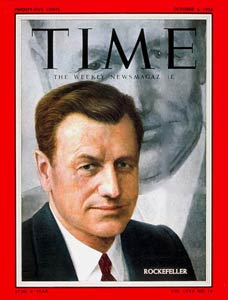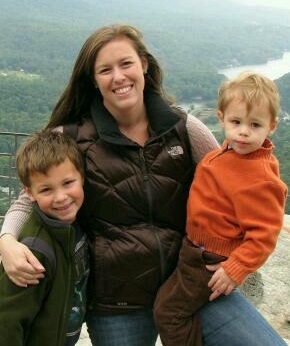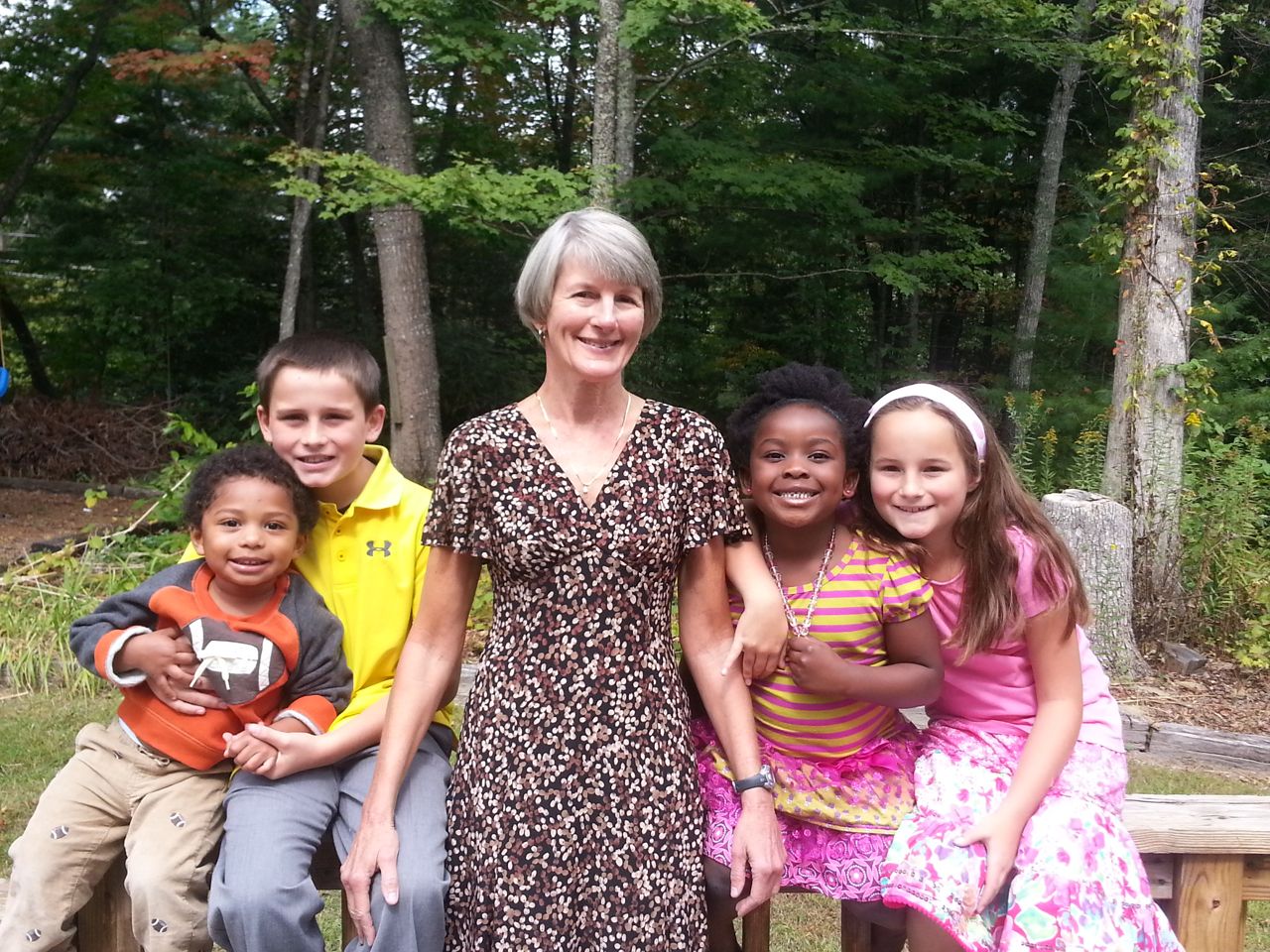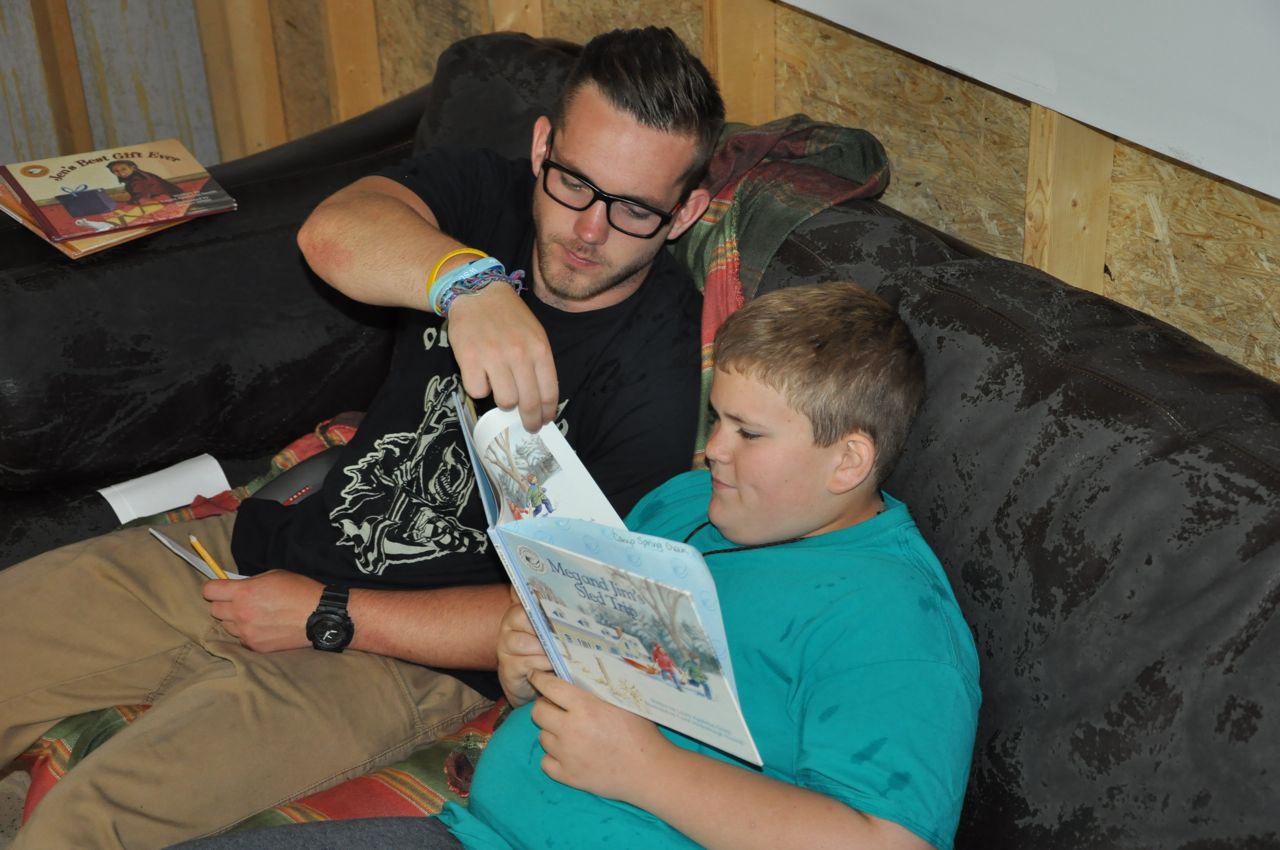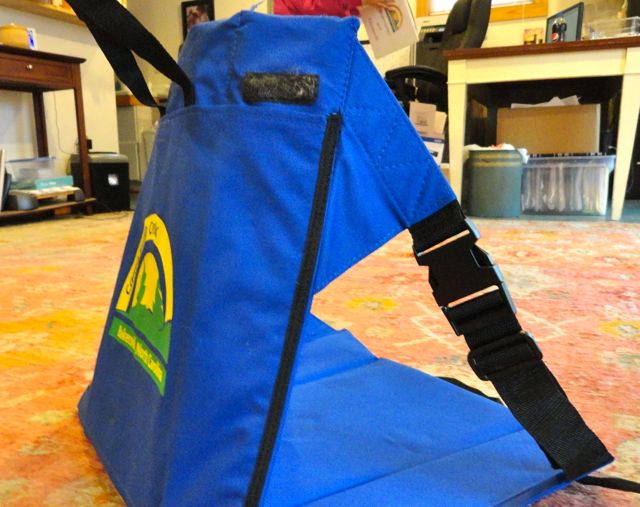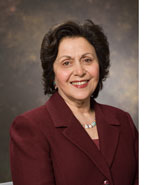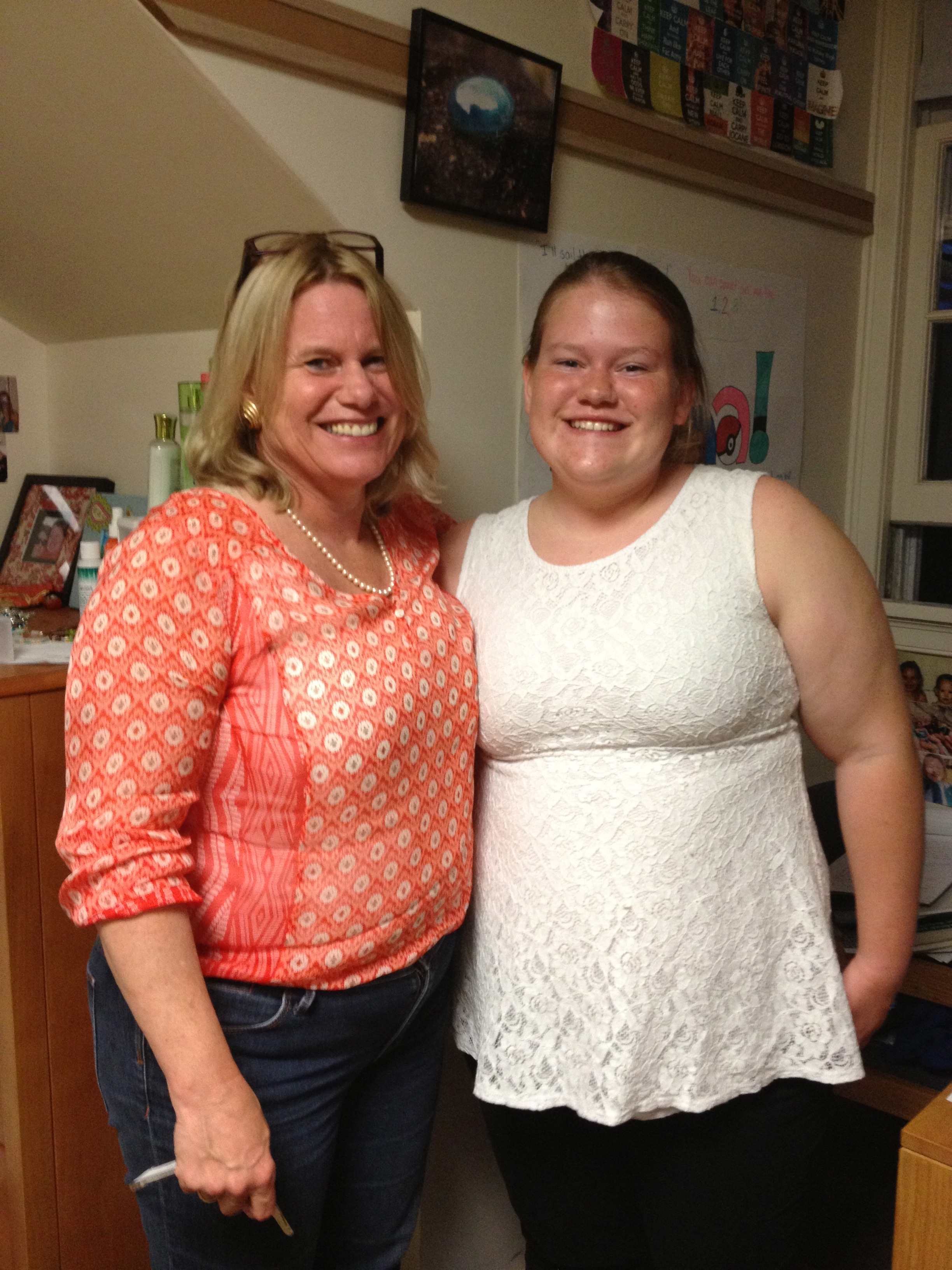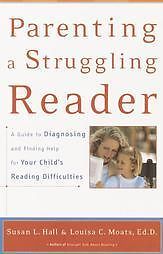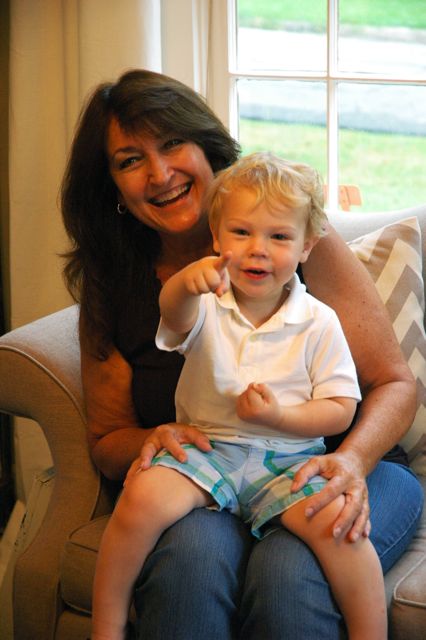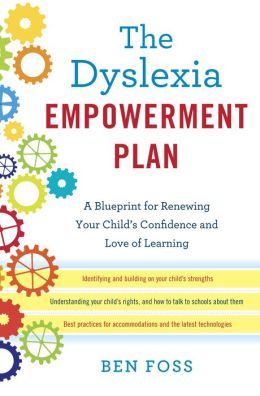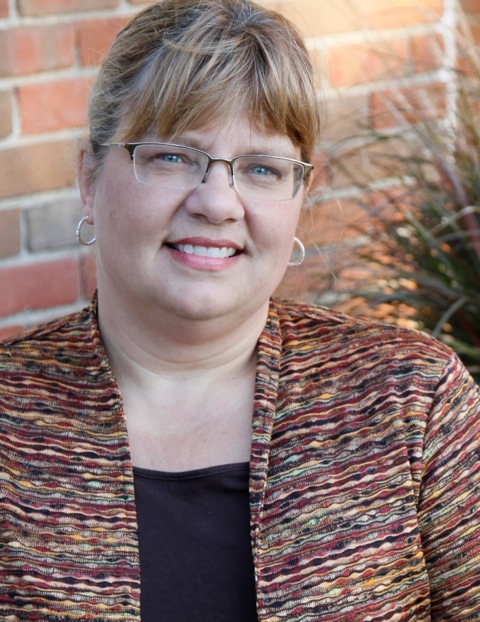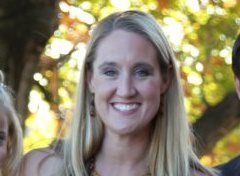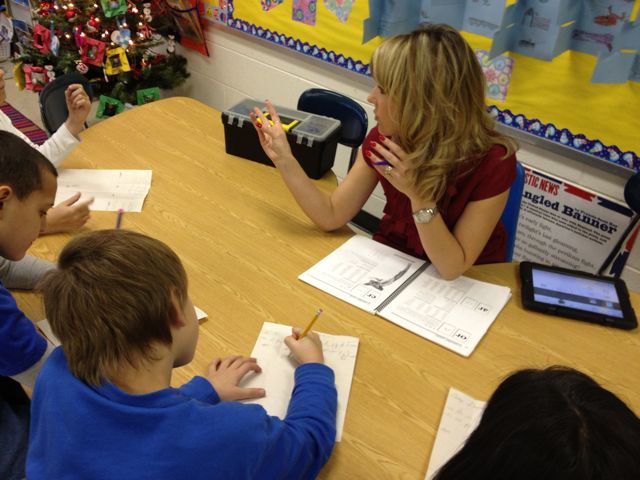 This press release was originally published by local newspapers in Mitchell and Yancey Counties.
Spruce Pine, North Carolina – December 8, 2013 – Camp Spring Creek Outreach Center, a non-profit organization in Mitchell County, received grant funding to train up to 10 teachers and assistants in the Classroom Educator Class.
This press release was originally published by local newspapers in Mitchell and Yancey Counties.
Spruce Pine, North Carolina – December 8, 2013 – Camp Spring Creek Outreach Center, a non-profit organization in Mitchell County, received grant funding to train up to 10 teachers and assistants in the Classroom Educator Class.
Camp Spring Creek was recently awarded a $20,000 People in Need grant funded through the Community Foundation of Western North Carolina, the Lipscomb Family Fund, the Fund for Mitchell County, and the Nelle Crowell Fletcher and G.L. Crowell Fund. These monies are specifically allocated to train up to 10 public school teachers or assistants who work with children during the literacy block.
“We’re so grateful to all the organizations that contributed to make this funding possible,” said Camp Spring Creek co-director Susie van der Vorst. “Now we’re ready to make it known that there are 10 spaces available. Thanks to the grant, the training is free. We’re hoping for 5 teachers from Yancey and 5 teachers from Mitchell, and we can work with individual schedules to offer the course during their free-time.”
The Classroom Educator Class is a 35-hour course based on the Orton-Gillingham approach to learning. Participants will learn the structure of English, primarily focusing on specific methodologies for differentiating instruction to meet individual students’ unique learning needs within small group or whole class instruction. The course will cover phonemic awareness, syllabication, and the spelling patterns of our language, among other concepts.
"Orton-Gillingham training was definitely that 'missing link' in my professional training!” said Tamara Houchard, 6-8th grade ELA teacher at Harris Middle School, who has completed numerous trainings through Camp Spring Creek. From her basic training, she says she “was able to understand the foundations of the English language and, more importantly, able to teach my students—at any level—how to read, understand, and comprehend in a systematic and logical way. No reading teacher could ask for more from a training!"
While the Classroom Educator Class is especially designed for K-3rd and Exceptional Child teachers, “we will take anyone interested,” said van der Vorst. “We would like school principals to contact us if they have teachers or assistants who are interested.” Following course completion, participants will receive 1 year of mentorship through conferences and in-class visits from van der Vorst, who is also the instructor.
The Orton-Gillingham philosophy, or OG, as it is commonly called, uses a language-based, multisensory approach to learning that relies on a student’s problem-solving and creative thinking skills to circumvent processing weaknesses. Although OG is most commonly used for children with dyslexia, the method has been successfully incorporated into learning environments for students of all styles and abilities. For information, call the Camp Spring Creek Outreach Center at 766-5032.

